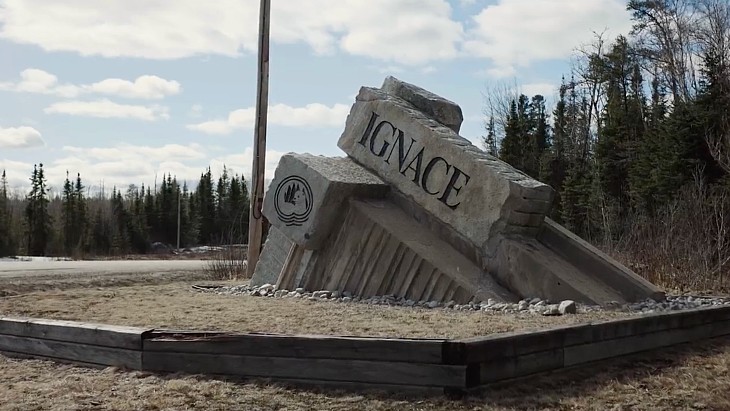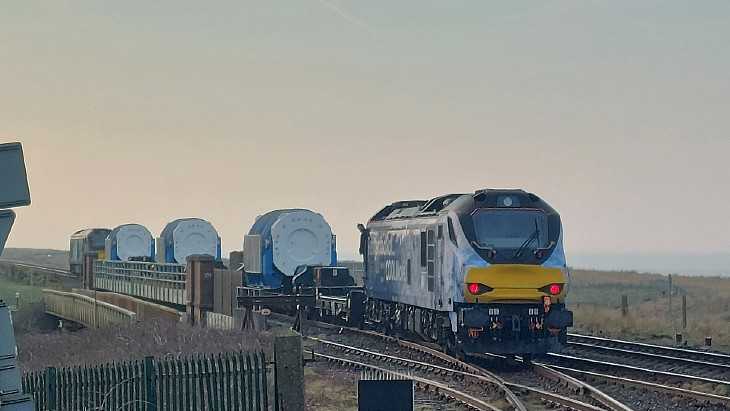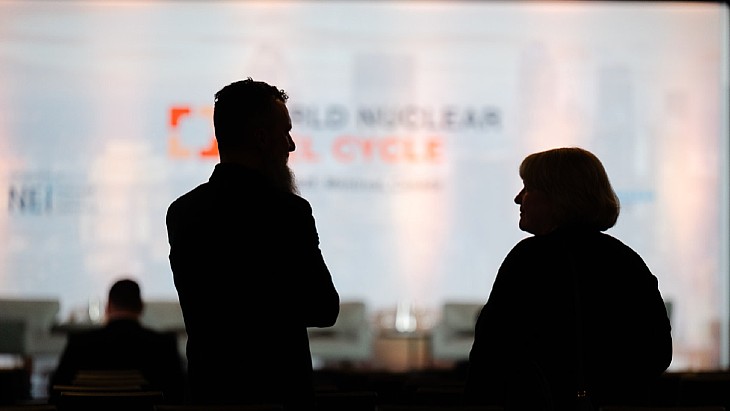Yucca Mountain cost estimate rises to $96 billion
![]() The US Department of Energy has issued a revised total cost estimate for the planned national used nuclear fuel and high-level radioactive waste repository at Yucca Mountain, Nevada.
The US Department of Energy has issued a revised total cost estimate for the planned national used nuclear fuel and high-level radioactive waste repository at Yucca Mountain, Nevada.
The US Department of Energy (DoE) has issued a revised total cost estimate for the planned national used nuclear fuel and high-level radioactive waste (HLW) repository at Yucca Mountain, Nevada.
.jpg) |
| Yucca Mountain (Image: DOE) |
The new estimated cost of $96.2 billion includes some $13.5 billion that has already spent on the project; $54.8 billion for the construction, operation and decommissioning of the repository; $19.5 billion for transportation of the used fuel; and, $8.4 billion for other program activities.
The DoE said that the new cost estimate reflects a 30% increase in the amount of used nuclear fuel from commercial nuclear power reactors to be disposed of in the repository. In 2000, it was estimated that some 83,800 tonnes heavy metal (tHM) of used fuel would be stored, but the latest estimates put the quantity at 109,300 tHM. This increased amount - resulting from existing and anticipated operating licence renewals at US reactors - would extend the transportation period by 16 years and the emplacement period by 25 years, the DoE said.
In addition, increases in raw material costs and "a refinement of the repository design" have also contributed to the higher Yucca Mountain cost estimate.
The total cost of constructing and operating the repository is divided between utility ratepayers and taxpayers, with ratepayers estimated to pay just over 80%, or $77.3 billion. The DoE said that it has determined that the fee currently paid to the government for the Nuclear Waste Fund by nuclear utilities of 0.1¢ per kWh of electricity they generated remains adequate to cover the nuclear utility customers' share of the total costs. It is therefore not proposing a change in this fee.
Ward Sproat, director of the Office of Civilian Radioactive Waste Management (OCRWM) commented: "This increased cost estimate is reasonable given inflation and the expected increase in the amount of spent nuclear fuel from existing reactors with licence renewals." He added, "We have marked significant project milestones this year and look forward to that progress continuing and nuclear waste currently sitting at 121 temporary locations around the country being safely stored at Yucca Mountain."
The USA has been planning the repository for many years. Since 1977, when it ruled that used fuel was to be treated as waste and could not be reprocessed to recover uranium and reduce its volume, the government has had a responsibility to provide final disposal of the fuel in a deep geologic disposal facility. According to the 1982 legislation, the DoE was supposed to start accepting fuel from utilities early in 1998, but its failure to provide a repository on time has meant that the fuel has had to be stored at reactor sites. Since 1998 some 60 lawsuits have been launched by US utilities to try to recover the extra costs incurred. Payouts totalling over $600 million have already been awarded, and with other lawsuits outstanding the compensation costs to the government could run into billions.
Yucca Mountain was approved by Congress and President Bush in 2002 as the site for the USA's first permanent used fuel and high-level waste geologic repository. At the beginning of June, the DoE submitted a licence application to the Nuclear Regulatory Commission (NRC) for the construction of the repository.
The OCRWM's current projected completion date for the project is 2017, but the fate of the project would be with the next US President. The Democatric candidate, Barack Obama, "believes that Yucca Mountain is not an option" for long-term management of wastes, while Republican candidate John McCain would try to establish an international radioactive waste management scheme which could make Yucca Mountain unnecessary.
_17992.jpg)
_75800.jpg)







_79311.jpg)


